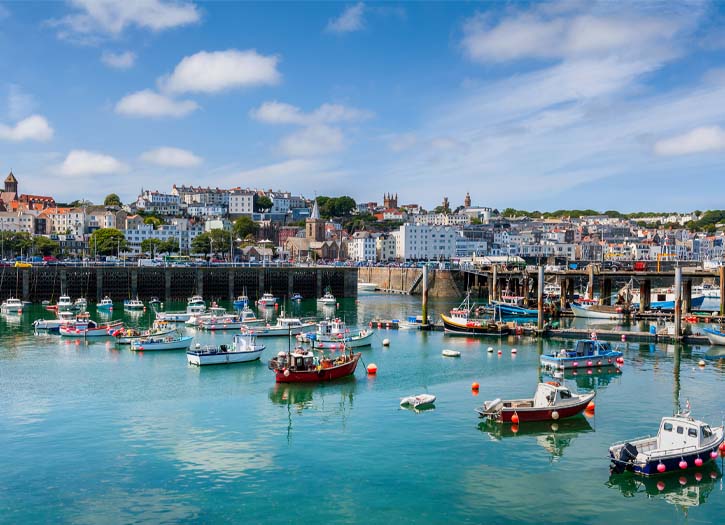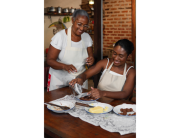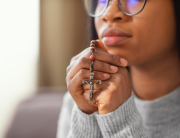The virus reached the Bailiwick of Guernsey in early March 2020. The Bailiwick’s first case was identified on 9 March 2020 in Guernsey, and transmission within the island was confirmed on 24 March 2020.As of 8 October 2020, there have been 258 confirmed cases—all on the island of Guernsey—of which 243 have recovered.
In early February 2020, preventative measures were recommended including hand washing, covering one’s mouth when coughing or sneezing, maintaining distance from other people and avoiding non-essential travel.Following the first confirmed case, several emergency statutory instruments were enacted and self-isolation orders were given to arrivals. On 25 March 2020, following the first confirmed case from on-island transmission, a lockdown order was imposed comprising wide-ranging restrictions on freedom of movement and the closure of facilities and businesses.By late April 2020, the States began easing restrictions as part of a six-stage phased release from lockdown.From 27 May to 7 September 2020, the Bailiwick went 129 days with no active cases; all 6 new cases since then have been from arrivals in self-isolation.
The pandemic and the measures taken to contain its spread caused socio-economic disruption in the Bailiwick, including an economic downturn worse than that seen during the 2008 financial crisis, triggering an economic recession.It resulted in the postponement or cancellation of cultural, political and sporting events including thetemporary closure of all schools and colleges.Following the confirmation of a case resulting from on-island transmission on 24 March, the States of Guernsey announced in a live broadcast that it was implementing a ‘lockdown’ for an initial period of two weeks from 00:01 on 25 March.The measures require people to stay at home except for shopping for basic necessities.
On 5 April, the Overseas Aid and Development Commission (OA&DC) (constituted as a committee of the States of Guernsey) agreed to suspend all grants anticipated for projects in 2021 in order to save and return over £1 million to the States of Guernsey to support the response to the pandemic. Following confirmation of two clusters of cases in separate care homes in Guernsey with tens of staff and residents being diagnosed with COVID-19, the States of Guernsey published an ‘urgent public request’ for former care home workers or volunteers to help out in care homes and community care facilities.
On 19 March the States of Guernsey announced that it had made available a £5 million ‘hardship fund’ for any islanders (excluding those already eligible to receive national social security benefits) struggling financially from the impact of the pandemic.The States also announced on 23 March that it would be amending population law to protect non-residents who might find themselves without employment as a result of the pandemic and would otherwise be forced to leave the island.
The pandemic and the measures taken to prevent its spread have had a severe impact on the local and global economy.Frequently described as an ‘unprecedented’ economic challenge to the Bailiwick, the economic downturn suffered is worse than that seen during the 2008 financial crisis and has triggered a severe economic recession. Island Global Research found that, across all three Crown Dependencies, 49% of professional services workers suffered a fall in demand or were forced to close entirely, while 12% reported increased demand. Additionally, 29% of economically active respondents in Guernsey had suffered a loss in work or worked fewer hours the week commencing 6 April.
The States of Guernsey has estimated the cost of the pandemic to the government in 2020 alone as being between £170 million and £190 million to account for lost government revenue, funding the various financial assistance support programmes and the increased expenditures to manage the crisis, and will likely have an impact in 2021 and beyond. Up to £100 million of that will potentially be covered by the island’s sovereign wealth fund.
Due to the significant increase in demand for medical equipment, some local companies enjoyed a surge in business such as Intersurgical Guernsey, a local company which produces medical equipment essential for the treatment of patients with COVID-19, who increased their output by 36% from about 350,000 products a week to more than 500,000.







Add Comment
You must be logged in to post a comment.